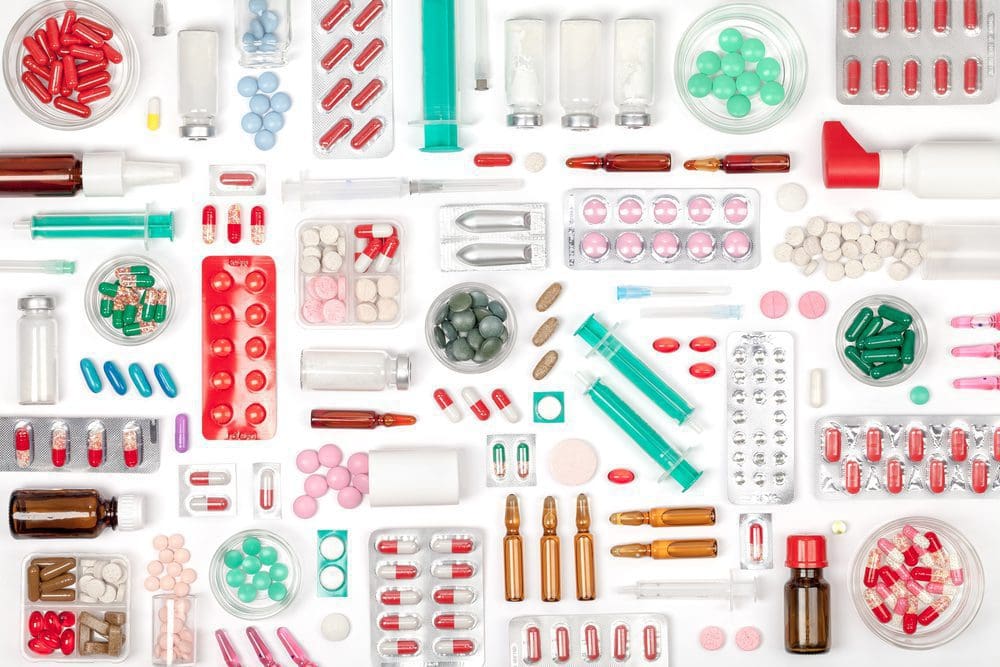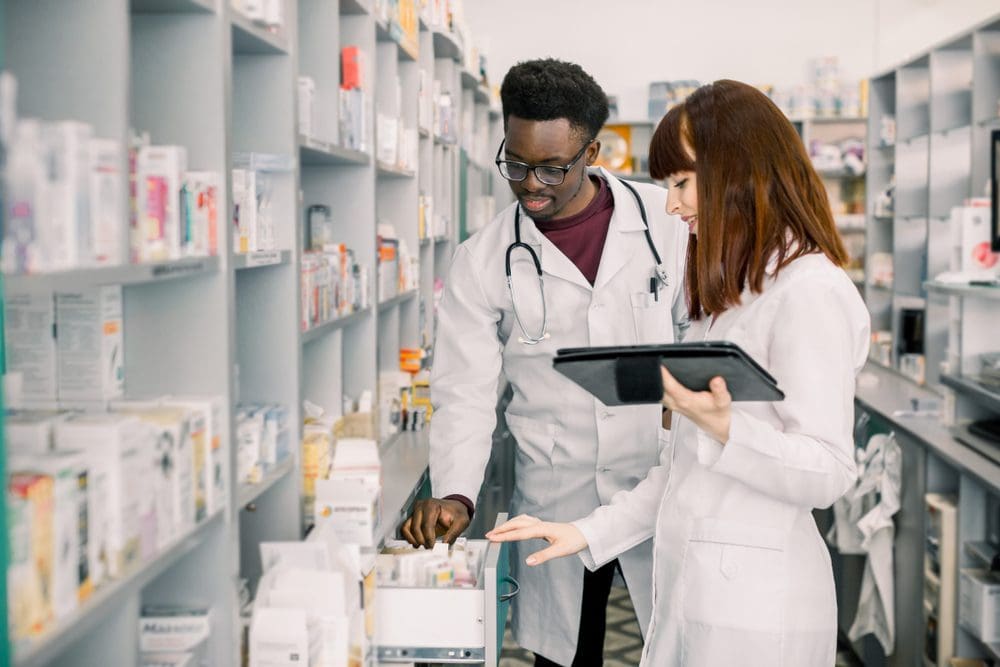Prescription drugs can be life-changing for people suffering from chronic medical conditions, diseases, and injuries. For others, however, prescription drugs can create a nightmarish cycle of substance abuse and addiction that destroys lives. At Baton Rouge Behavioral Hospital, our Dual Diagnosis Treatment Program helps individuals overcome prescription drug addiction while addressing and treating the mental health issues that often go hand-in-hand with drug abuse.
Prescription drug abuse refers to the misuse of narcotics or other types of medication that require a prescription from a doctor. This can mean:
When drugs prescribed by a doctor are not taken in the manner they have been recommended, they can cause unwanted side effects and induce addiction.
According to 2017 data from the National Institute on Drug Abuse, an estimated 18 million people abused prescription medications at least once in the U.S. that year.
Many people begin taking prescription medications to treat anxiety and sleep disorders, as well as chronic pain and other medical conditions. Even when these medicines are taken as prescribed, they can cause physical dependence. This, in turn, can evolve into addiction if not properly managed. In fact, prescription drug abuse has touched the lives of all ages and economic classes.
Commonly abused prescription drugs include:
Opioids and morphine derivatives:
CNS Depressants:
Stimulants:
This list contains the most commonly abused prescriptions from the medicine cabinet. However, virtually any prescription drug, including anti-depressants, can be abused if taken in a manner not prescribed.

The warning signs and symptoms of prescription drug misuse vary depending on the type of medication being abused. Symptoms of opioid and depressant abuse are usually more sedate, while stimulants may produce a more manic state.
If you or a loved one are experiencing these symptoms and need addiction treatment, contact Baton Rouge Behavioral Hospital. The experienced team of medical professionals, counselors and caregivers in our Dual Diagnosis Program can help assess your condition, recommend an effective plan for treatment, and help you overcome your addiction.
The most commonly abused prescription drugs are opioids. Over the past decade, the abuse of prescription opioids has grown to epidemic proportions. Perhaps the greatest contributing factor has been the ease of accessing these drugs. Between 2006 and 2014, over 100 billion doses of oxycodone and hydrocodone were shipped by pharmaceutical companies nationwide. This mind-boggling number doesn’t even take into account the illicit sales and distribution of narcotics.
Many people who become addicted to pain pills begin taking opioids to treat pain from injuries or chronic conditions. When injuries heal and prescriptions run out, they turn to illegal means to satisfy their cravings. Because heroin is often a cheaper, readily available alternative to prescription pills, a pill addiction can easily evolve into heroin addiction.
According to the CDC, an average of 130 Americans die every day from opioid overdoses.

For many people with medical conditions, taking prescription drugs as directed by a physician is an essential element of self-care that helps them live a normal life. Even for recovering addicts and alcoholics, prescription drugs can be necessary for pain management and mental health disorders. So, how can you prevent yourself or a loved one from abusing prescription drugs?
Here are some tips to help prevent prescription drug abuse:
If your use of prescription drugs has become a problem, or you think a family member or friend is abusing prescription medication, help is just a phone call or email away at Baton Rouge Behavioral Hospital. We provide a safe, nurturing environment designed to treat each individual patient’s physical, social, mental and physical health.
Our Dual Diagnosis Treatment Program provides a comprehensive list of treatment modalities to assess, diagnose, treat and provide aftercare guidance for individuals with co-occurring chemical dependency and mental health issues. Dual Diagnosis treatment services include:
Prescription drug abuse is a serious problem that destroys lives, families, and communities. It can happen to anyone, and admitting you have an addiction does not mean you are weak. Prescription drugs are powerful and potentially dangerous — that’s why they are controlled and carefully monitored. If you or someone you love is struggling with an addiction to prescription drugs, don’t wait.
Contact us today at Baton Rouge Behavioral Hospital to take the first step toward recovery.
